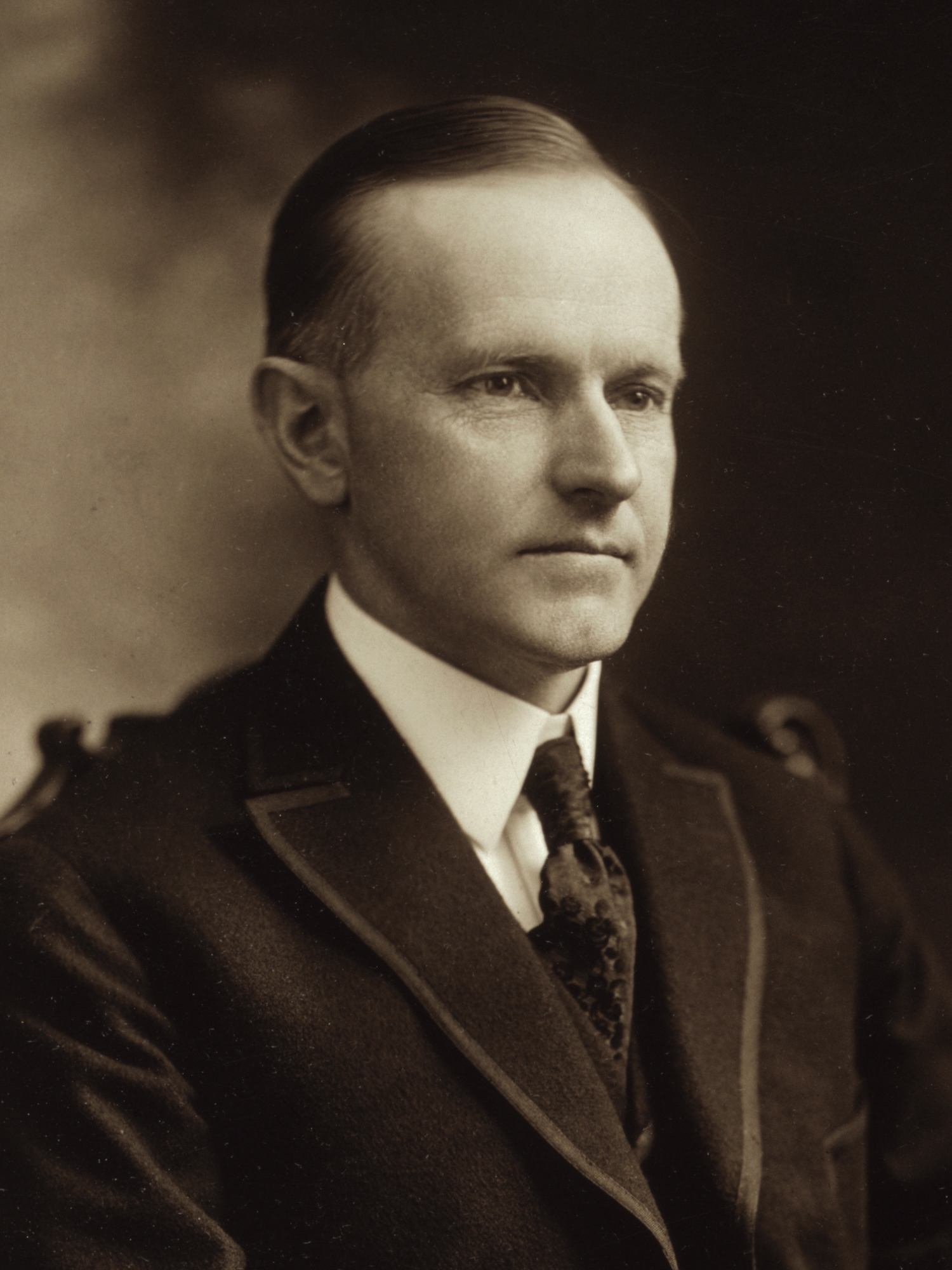Calvin Coolidge: Citations en anglais
“It is much more important to kill bad bills than to pass good ones.”
Letter (6 September 1910) to his father, John Coolidge, who had been elected to the Vermont State Senate; in Your Son Calvin Coolidge, as cited in Silent Cal’s Almanack: The Homespun Wit and Wisdom of Vermont's Calvin Coolidge (2011), Ed. David Pietrusza, Bookbrewer, "Legislation".
1910s, Letter to John Coolidge (1910)
Source: The Autobiography of Calvin Coolidge
1920s, Address at the Black Hills (1927)
1920s, Authority and Religious Liberty (1924)
Speech to the Massachusetts State Senate http://friesian.com/ross/ca40/2002.htm#war (7 January 1914).
1910s, Speech to the Massachusetts State Senate (1914)
1920s, Freedom and its Obligations (1924)
1920s, Authority and Religious Liberty (1924)
1920s, The Genius of America (1924)
1920s, The Genius of America (1924)
1920s, Toleration and Liberalism (1925)
1920s, Freedom and its Obligations (1924)
1920s, Toleration and Liberalism (1925)
1920s, Ordered Liberty and World Peace (1924)
“It is not industry, but idleness, that is degrading.”
The Autobiography of Calvin Coolidge, Cosmopolitan Book Corporation (1929), p. 68.
1920s
1920s, The Reign of Law (1925)
From the speech "Plymouth, Labor Day" (1 September 1919), as printed in Have Faith in Massachusetts: A Collection of Speeches and Messages (2nd Ed.), Houghton Mifflin, pp. 200-201 : see link above.
1910s, Plymouth, Labor Day (1919)
1920s, Speech on the Anniversary of the Declaration of Independence (1926)
